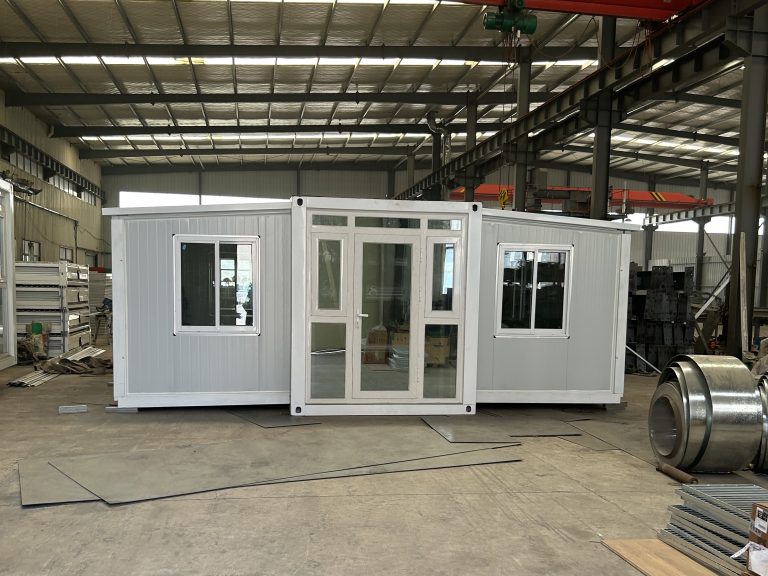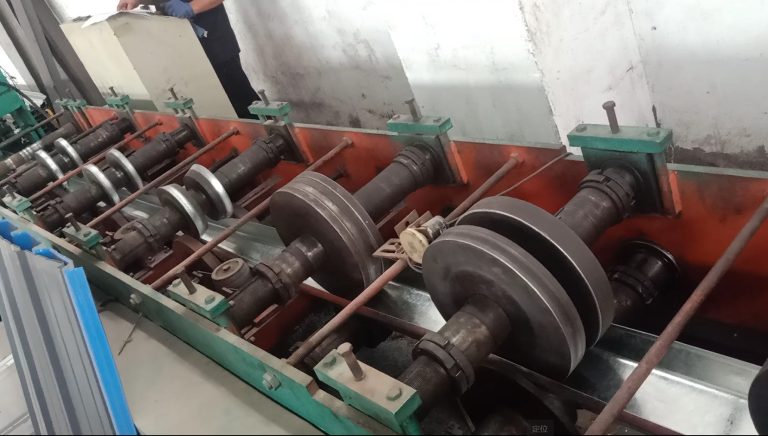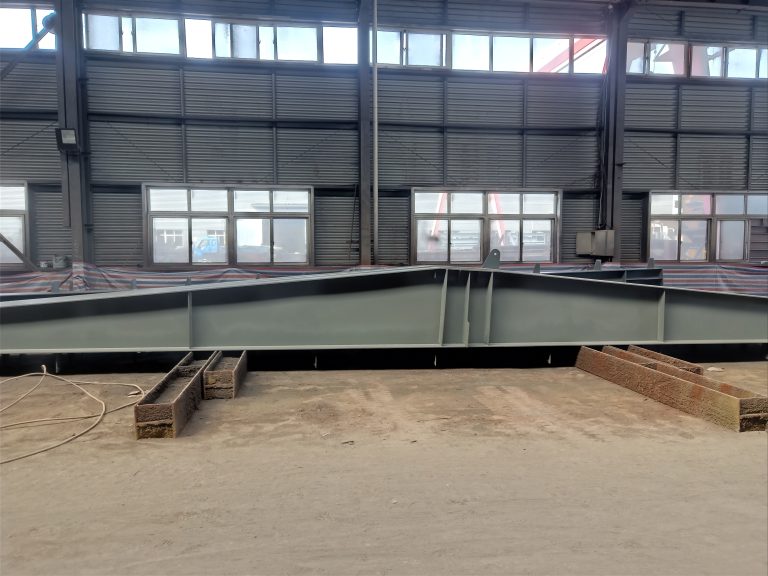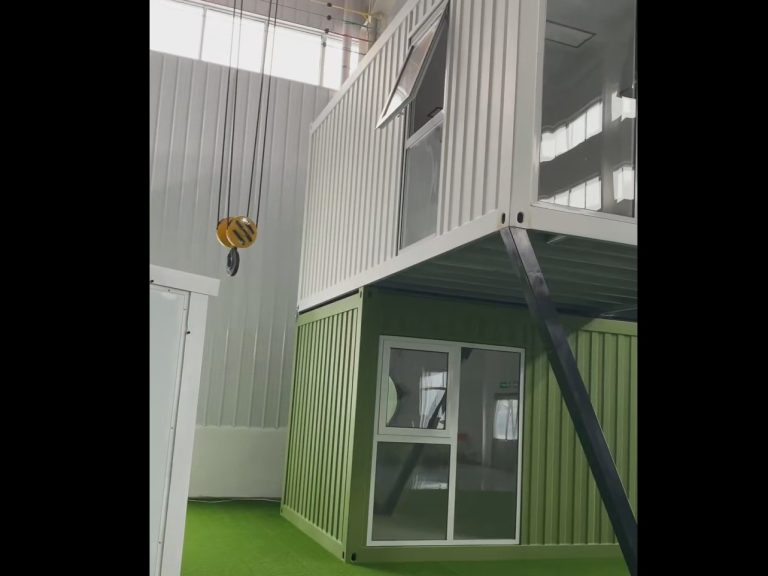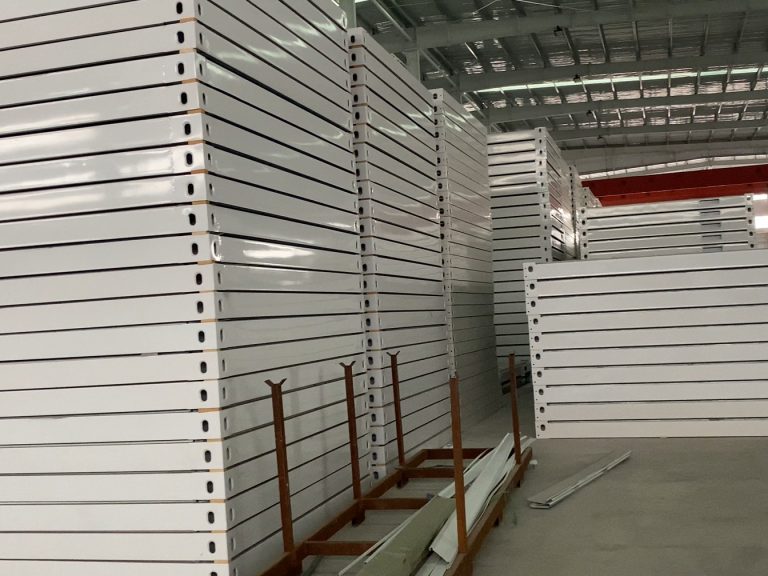Inhoudsopgave
Key Considerations for Developing an International Market Expansion Strategy in the Steel Structure Industry
The steel structure industry is a vital sector that plays a crucial role in the construction and infrastructure development of various countries around the world. With the increasing demand for steel structures in different regions, many companies in the industry are looking to expand their operations internationally. Developing an effective international market expansion strategy is essential for companies in the steel structure industry to capitalize on new opportunities and grow their business.
One key consideration for developing an international market expansion strategy in the steel structure industry is conducting thorough market research. Understanding the market dynamics, customer preferences, and regulatory environment in the target countries is crucial for success. Companies need to assess the demand for steel structures, the competitive landscape, and the potential barriers to entry in each market. This information will help companies make informed decisions about where to focus their resources and how to position their products and services effectively.
Another important consideration is building strong partnerships and relationships with local stakeholders in the target markets. Collaborating with local suppliers, distributors, and contractors can help companies navigate the complexities of doing business in a foreign country. Establishing trust and credibility with local partners is essential for building a sustainable presence in the international market. Companies should also consider forming strategic alliances with other industry players to leverage their expertise and resources for mutual benefit.
In addition to market research and partnerships, companies in the steel structure industry need to adapt their products and services to meet the specific needs of customers in different markets. This may involve customizing designs, materials, and construction methods to comply with local regulations and standards. Companies should also consider offering value-added services such as project management, engineering support, and maintenance to differentiate themselves from competitors and provide added value to customers.
Furthermore, companies need to develop a comprehensive marketing and sales strategy to promote their products and services in the international market. This may involve participating in trade shows, exhibitions, and industry events to showcase their capabilities and network with potential customers. Companies should also leverage digital marketing tools such as social media, websites, and online advertising to reach a wider audience and generate leads. Developing a strong brand presence and reputation in the target markets is essential for attracting new customers and building long-term relationships.
Lastly, companies in the steel structure industry need to carefully manage their resources and operations to ensure a successful international market expansion. This may involve investing in new production facilities, hiring local talent, and training employees to work effectively in different cultural environments. Companies should also establish clear communication channels and reporting mechanisms to monitor progress, identify challenges, and make timely adjustments to their strategy.
In conclusion, developing an international market expansion strategy in the steel structure industry requires careful planning, research, and execution. By conducting thorough market research, building strong partnerships, adapting products and services, developing a comprehensive marketing and sales strategy, and managing resources effectively, companies can position themselves for success in the global marketplace. With the right approach and mindset, companies in the steel structure industry can seize new opportunities, expand their reach, and achieve sustainable growth in the international market.
Case Studies of Successful International Market Expansion Strategies in the Steel Structure Industry
The steel structure industry is a highly competitive and dynamic sector that plays a crucial role in the global economy. With the increasing demand for infrastructure development and construction projects worldwide, companies in the steel structure industry are constantly looking for opportunities to expand their market reach and increase their international presence.
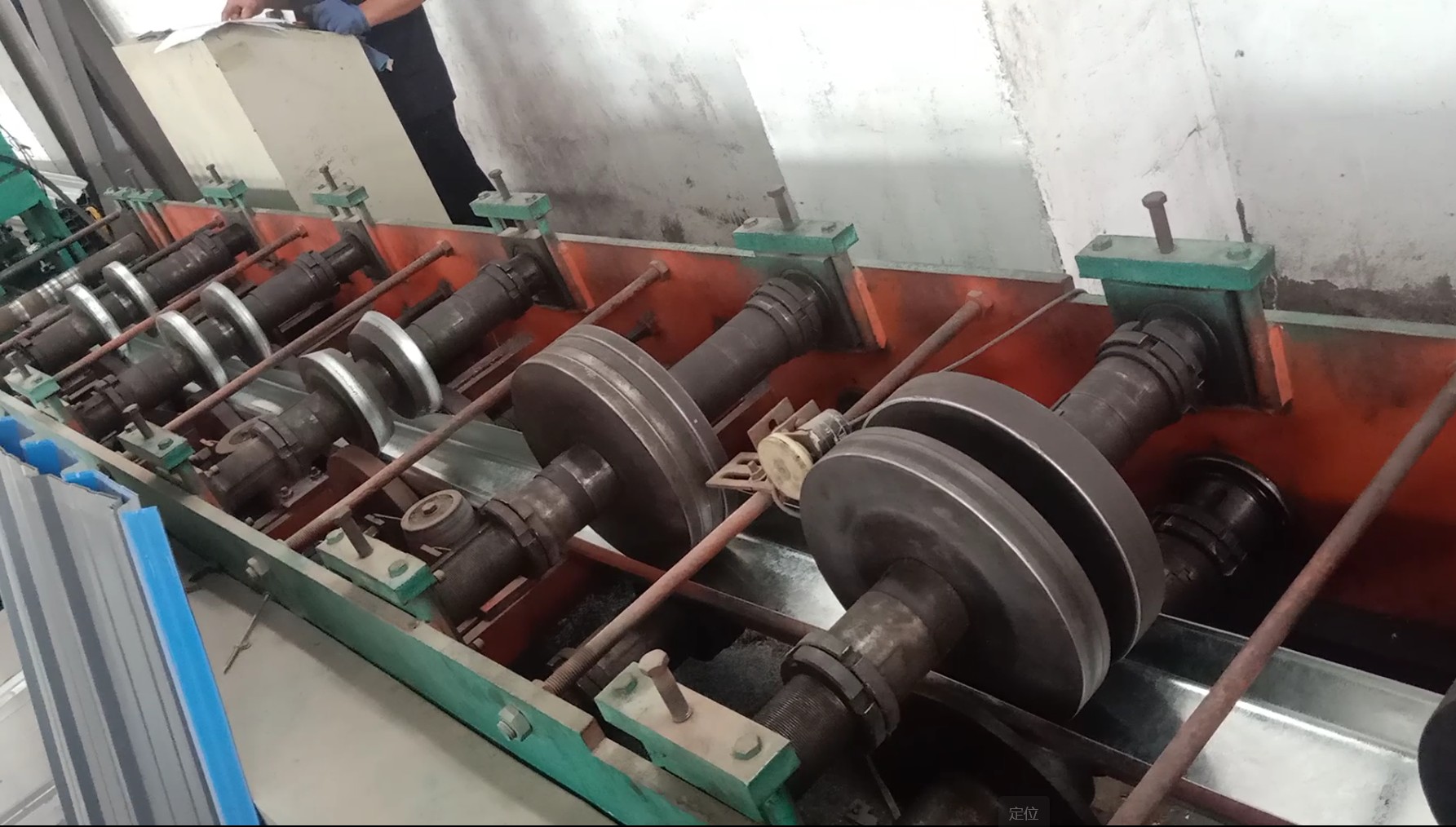
One successful international market expansion strategy in the steel structure industry is through strategic partnerships and collaborations with local companies in target markets. By forming alliances with established players in the industry, steel structure companies can leverage their partners’ local knowledge, networks, and resources to gain a competitive edge in new markets. This approach allows companies to tap into new customer segments, access new distribution channels, and navigate regulatory challenges more effectively.
Another key strategy for international market expansion in the steel structure industry is through mergers and acquisitions. By acquiring or merging with companies in target markets, steel structure firms can quickly establish a foothold in new geographies, gain access to new technologies and capabilities, and strengthen their competitive position in the global market. Mergers and acquisitions also provide opportunities for companies to achieve economies of scale, streamline operations, and drive growth through synergies and efficiencies.
In addition to strategic partnerships and mergers and acquisitions, investing in research and development (R&D) and innovation is essential for the international market expansion of steel structure companies. By developing cutting-edge technologies, products, and solutions, companies can differentiate themselves from competitors, meet the evolving needs of customers, and drive growth in new markets. Investing in R&D also allows companies to stay ahead of industry trends, anticipate market changes, and adapt to new regulatory requirements.
Furthermore, building a strong brand and reputation is critical for the successful international market expansion of steel structure companies. By establishing a strong brand presence, companies can enhance their credibility, build trust with customers, and differentiate themselves in competitive markets. A strong brand also helps companies attract top talent, forge partnerships with key stakeholders, and create a loyal customer base that drives long-term growth and sustainability.
Moreover, adopting a customer-centric approach is essential for the international market expansion of steel structure companies. By understanding the unique needs, preferences, and expectations of customers in different markets, companies can tailor their products, services, and marketing strategies to meet local demand and drive customer loyalty. This customer-centric approach allows companies to build strong relationships with customers, gain valuable insights into market trends, and position themselves as trusted partners in the global marketplace.
In conclusion, the international market expansion strategy of steel structure companies requires a holistic approach that combines strategic partnerships, mergers and acquisitions, R&D and innovation, brand building, and customer-centricity. By leveraging these key strategies, companies can successfully navigate the complexities of the global market, seize new opportunities for growth, and achieve sustainable success in the steel structure industry.

